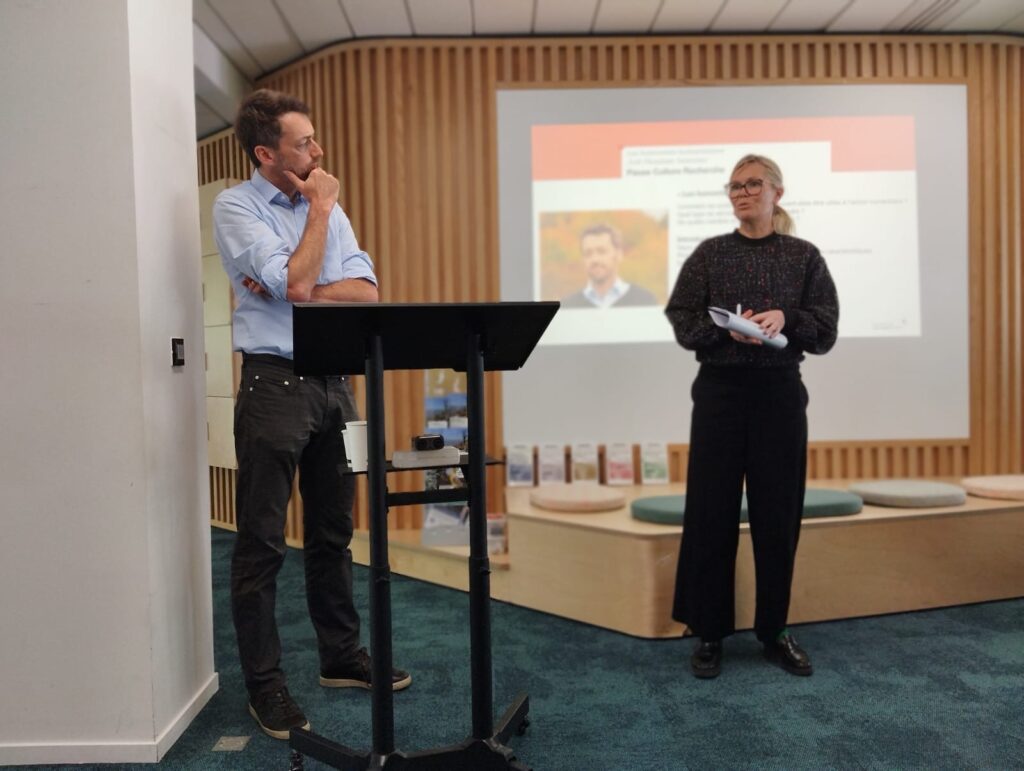Last Thursday, the French Red Cross Foundation welcomed historian Joël Glasman, straight from the University of Bayreuth in Germany, for an enriching Culture and Research Break (PCR) open to humanitarian actors. A moment suspended and under the sign of critical hindsight – including on critical hindsight itself!

If we had already come to know Joël Glasman through his book “Humanitarianism and the Quantification of Human Needs: Minimal Humanity”, which certainly got people talking, it was his latest work that we had the pleasure of revisiting during this 6th edition of our PCR.

A must-read for all those involved in the humanitarian sector, Joël Glasman’s “Petit manuel d’autodéfense à l’usage des volontaires” is a highly recommended read. A remarkable synthesis of the processes at work in our organisations, Joël Glasman sifts through the major issues that the humanitarian sector has faced in the past and still faces today, adopting an approach that brilliantly blends the micro and the macro.
By bringing together the practical and the theoretical, Joël Glasman achieves the tour de force of bringing to life what he calls the humanitarian humanities. At the heart of our PCR’s topic, the Humanities and Social Sciences permeate this work, whether as background, source or direct object of study.
How can the human sciences contribute to humanitarian action? Starting from the dichotomy between the culturalist approach and the situationist approach, Joël Glasman developed in turn three major areas of contribution that research can make to action: thinking about other people’s reality; thinking in the face of uncertainty; and thinking critically.
You’ll find all these approaches in the introduction to his book, and they sparked a lively exchange with the humanitarians in attendance. One thing is certain: research has its place in our organisations, whether it’s with them, about them, for them or even by them!
Photo credit: ©Camille Raillon





